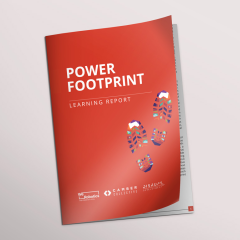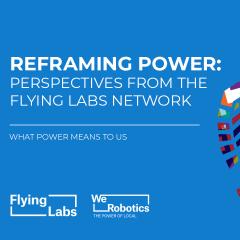
WeRobotics Now Offers Cargo Drone Solutions
September 11th, 2019
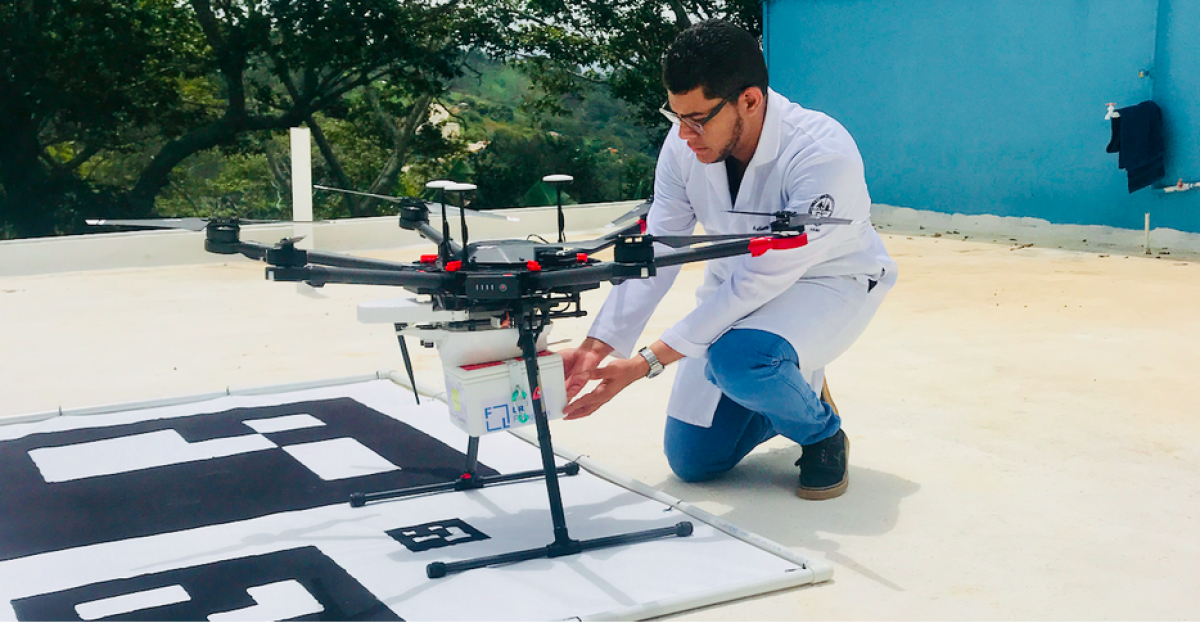
In 2016, Peru Flying Labs became the first lab in the Flying Labs network to explore the use of cargo drones for medical deliveries. They traveled to the Peruvian Amazon, where they met with doctors and nurses at hospitals and remote clinics. The purpose of these consultations was to understand better the supply chain challenges that local health officials faced. After several months of fact-finding, the evidence suggested to Peru Flying Labs that cargo drones could make a meaningful difference in the Amazon. So they teamed up with WeRobotics to take the project forward.
At the time, few commercially available cargo drones existed, and those that did were still in the early prototype phase. We identified two prospective partners and planned to test their platforms by conducting operational deliveries in the Amazon with Peru Flying Labs. Alas, one partner faced some delays due to export permits and thus missed the window. And the other partner's drone failed to make a single delivery due to repeated technical problems with their platform. Peru Flying Labs remained undeterred.
Peru Flying Labs decided to use one of their veteran mapping drones in an attempt to deliver anti-venom to a remote clinic. The drone successfully gave the anti-venom and then returned at night with blood samples from the remote clinic.
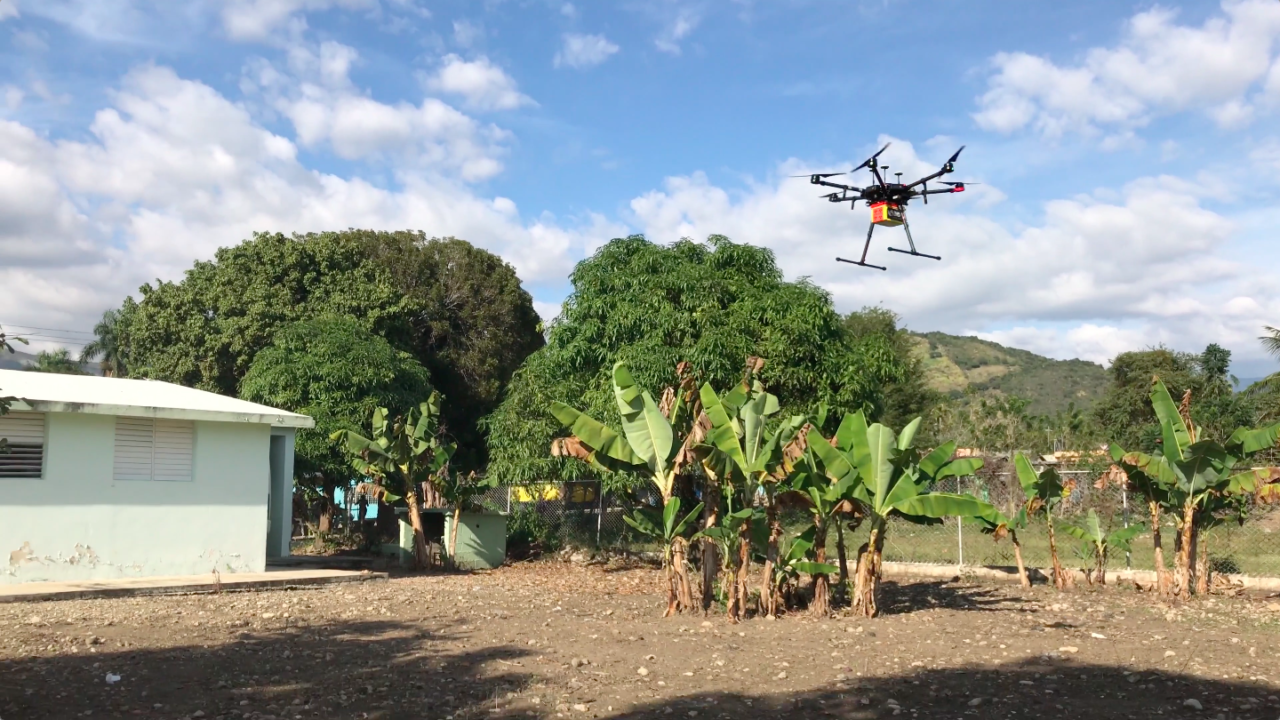
This experience combined with nearly two years of cargo drone testing in the Amazon, Fiji, Brazil, Dominican Republic, and Nepal led us to conclude that repurposing DJI's M600 industrial drone into a cargo drone was the best way for Flying Labs to have a relatively affordable, locally repairable, locally owned, and locally operable cargo drone in the near term. While new cargo drone startups began to emerge during this time, their prices range between USD 40,000 - USD 75,000. In contrast, the M600 was already a very mature and reliable drone in use in several dozen countries around the world. What's more, the M600's price tag was around USD 5,000.
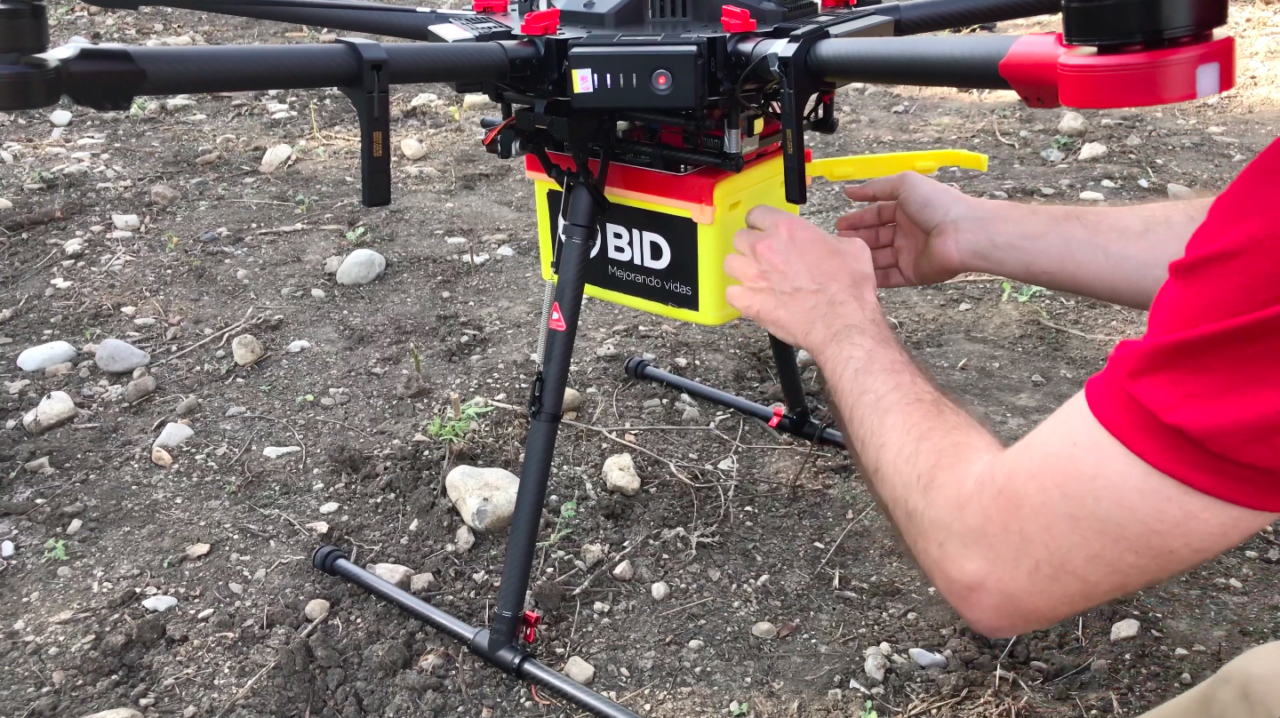
Repurposing the M600 into a cargo drone proved to be a lot more challenging than we expected. But there were simply no other alternatives, and the demand for an M600-type solution continued to grow. So we continued to work on repurposing the M600. After two years of hard work and extensive tests in the Dominican Republic, Nepal, and Fiji, we are finally getting our modified M600 cargo drone to a minimum viable product (MVP). Local pilots have completed more than 300 fully autonomous cargo drone flights in 2019 alone, carrying a range of medicines, patient samples, and even temperature-controlled mosquitos.
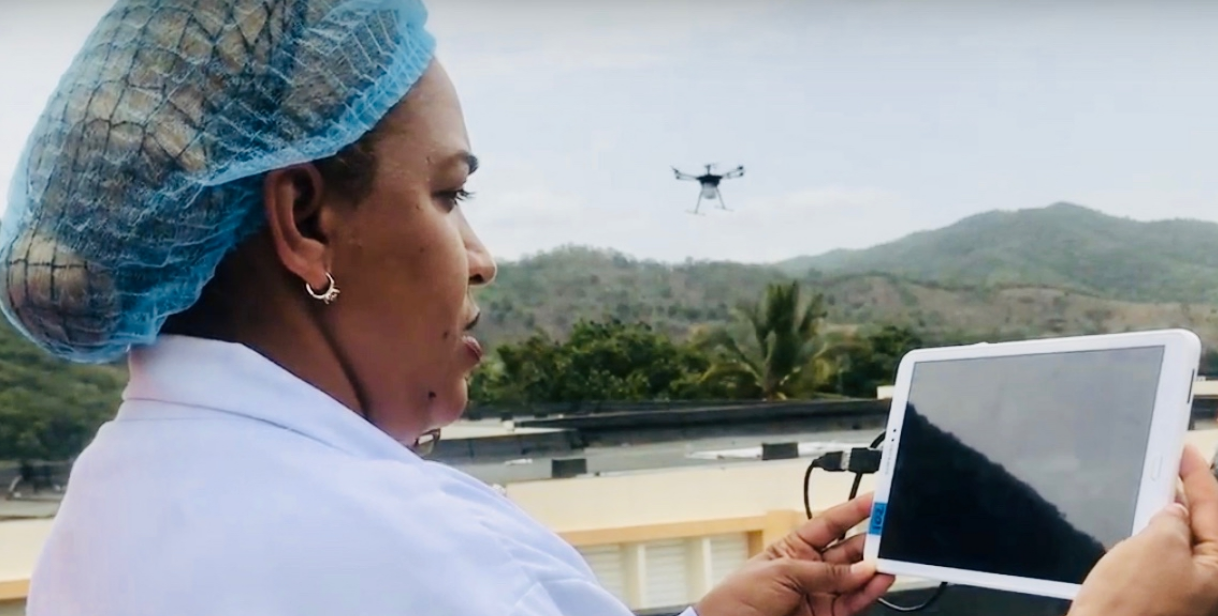
Drone Specs:
- 10km-15km delivery range (depending on cargo weight)
- Dedicated Android app for cargo drone mission planning
- Specialized precision landing technology
- Max, AGL 500 meters
While we've tested the M600 cargo drone in light rain with no issues, the M600 is not waterproof certified by DJI. That being said, the cargo solutions we've developed for the M600 can be used with DJI's M200 industrial drone, which is waterproof, has a farther range (20-25km), and safety sensors. While the M600 cargo drone is not perfect (few drones are) it's now proven itself in multiple projects in the Dominican Republic, Nepal, Fiji, and Brazil.
If you're interested in using the M600 cargo drone (or M200) for your projects, get in touch with us. We can provide you with the technology and training. And we can connect you with Flying Labs that can operate the cargo drones for you and train other local experts as needed.
In the meantime, here's a time-lapse video of an M600 cargo drone delivery.
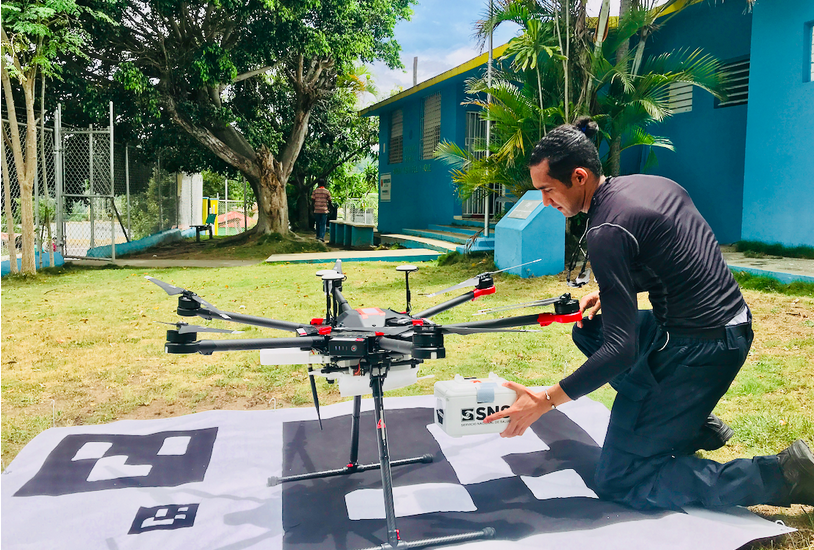
Recent Articles

